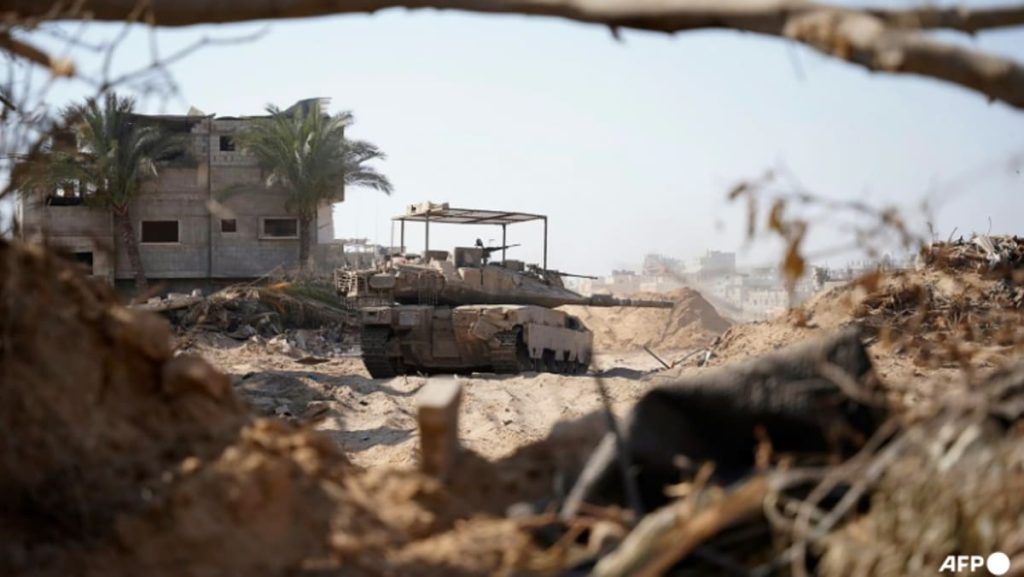The military in Israel announced a daily pause in operations in Gaza, from early morning till late afternoon, in specified areas. However, normal operations would continue in Rafah, the primary focus of the military’s operation. Residents reported heavy fighting with Israeli forces advancing deeper into central and western Rafah under intense fire from the ground and air. Armed groups led by Hamas were engaged in close combat within the Al-Shaboura camp, with continuous explosions and gunfire heard by residents.
The UN’s humanitarian coordinator for Gaza, Philippe Lazzarini, stated that while the Israeli military had notified UNRWA about a pause in operations, it was in English only and was soon contradicted by the government. Lazzarini expressed skepticism about whether an actual pause had occurred, based on the continued fighting and lack of ceasefire implementation. The situation on the ground remained volatile, with no clear signs of respite for civilians caught in the crossfire.
The ongoing conflict in Gaza was marked by intense violence, with Israeli forces engaging in heavy fighting with armed groups led by Hamas. The Al-Shaboura camp in Rafah was a focal point of the clashes, with residents reporting a constant barrage of explosions and gunfire. The military’s announcement of a temporary pause in operations did not seem to have a significant impact on the ground, as the fighting persisted and advanced into new areas of the city.
The lack of a comprehensive ceasefire agreement and the contradictory messages from the Israeli military and government added to the confusion and uncertainty in Gaza. Philippe Lazzarini expressed doubts about the effectiveness of the pause in operations, given the ongoing hostilities and the lack of communication in languages other than English. The situation highlighted the challenges of delivering humanitarian aid and protecting civilians in a conflict zone with limited access and escalating violence.
The humanitarian crisis in Gaza was exacerbated by the ongoing conflict, with civilians bearing the brunt of the violence and facing severe shortages of essential supplies. The inability to establish a stable ceasefire and provide safe access for aid agencies further complicated relief efforts for vulnerable populations. The situation called for urgent international intervention to address the root causes of the conflict and ensure the safety and well-being of civilians caught in the crossfire.
In conclusion, the conflict in Gaza continued to escalate, with no clear signs of a lasting ceasefire or resolution in sight. The military’s announcement of a temporary pause in operations did not seem to have a significant impact on the ground, as intense fighting persisted in key areas of the city. The contradictory messages from the Israeli military and government added to the confusion and uncertainty, highlighting the challenges of delivering humanitarian aid and protecting civilians in a volatile conflict zone. Urgent international intervention was needed to address the humanitarian crisis in Gaza and work towards a sustainable peace agreement that prioritized the safety and well-being of all civilians involved.


